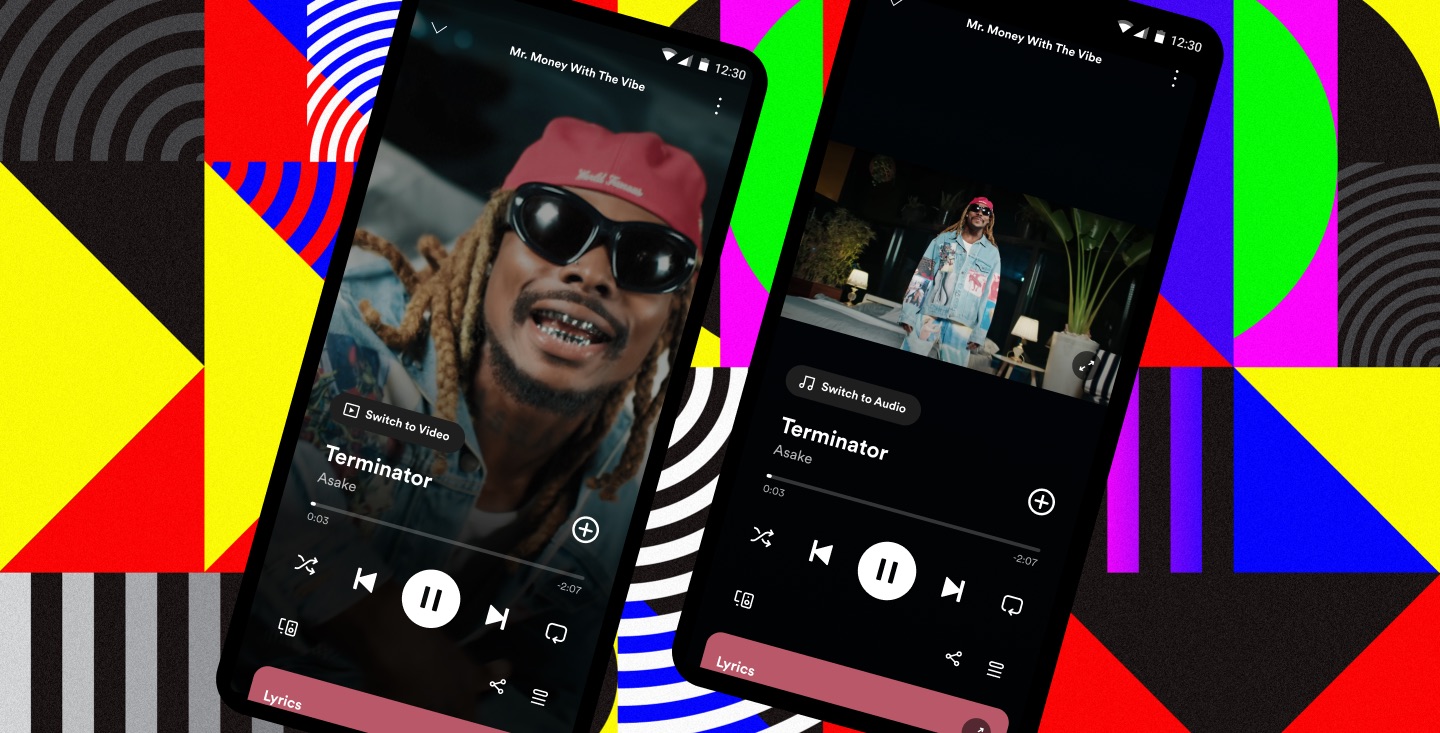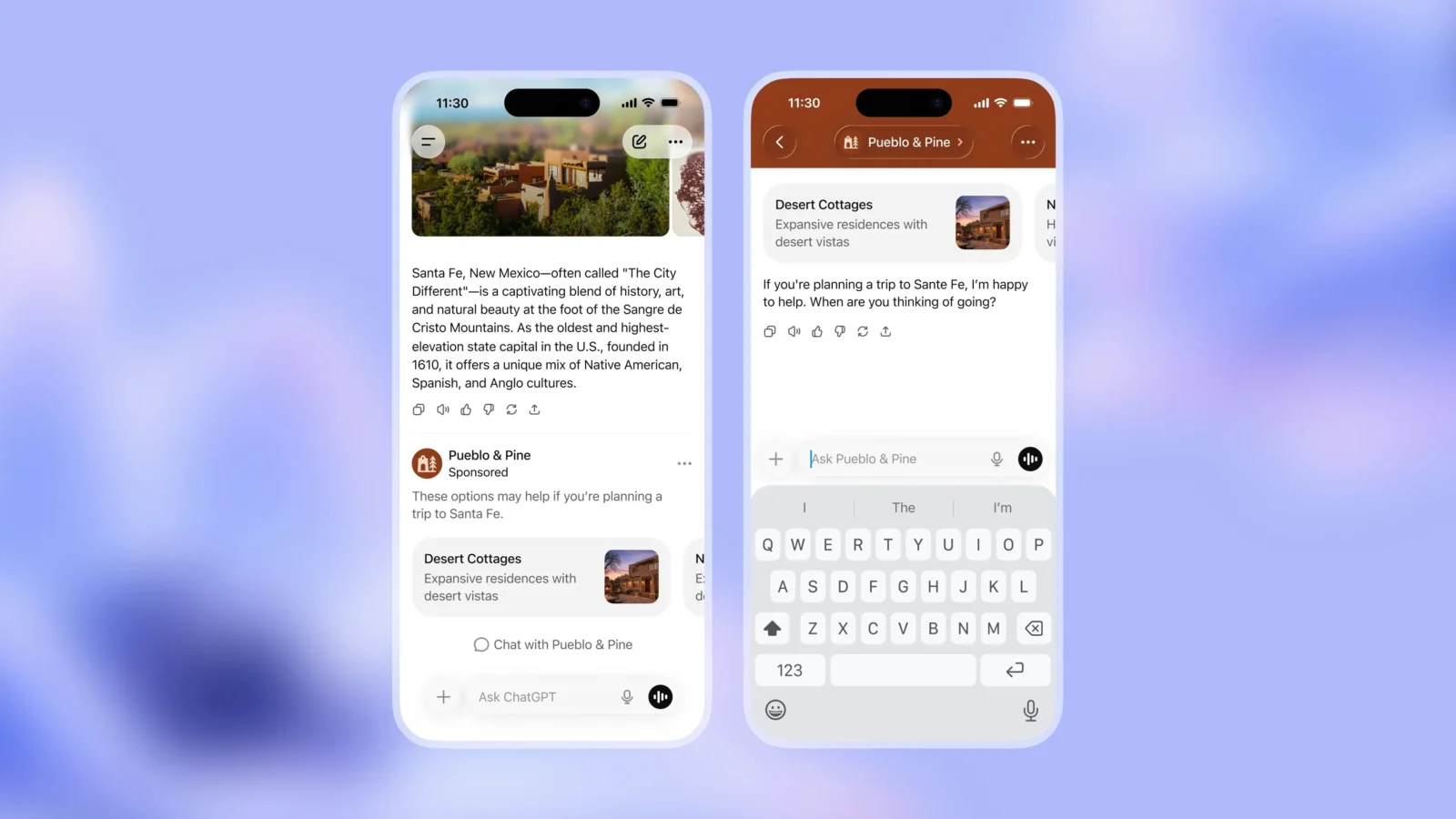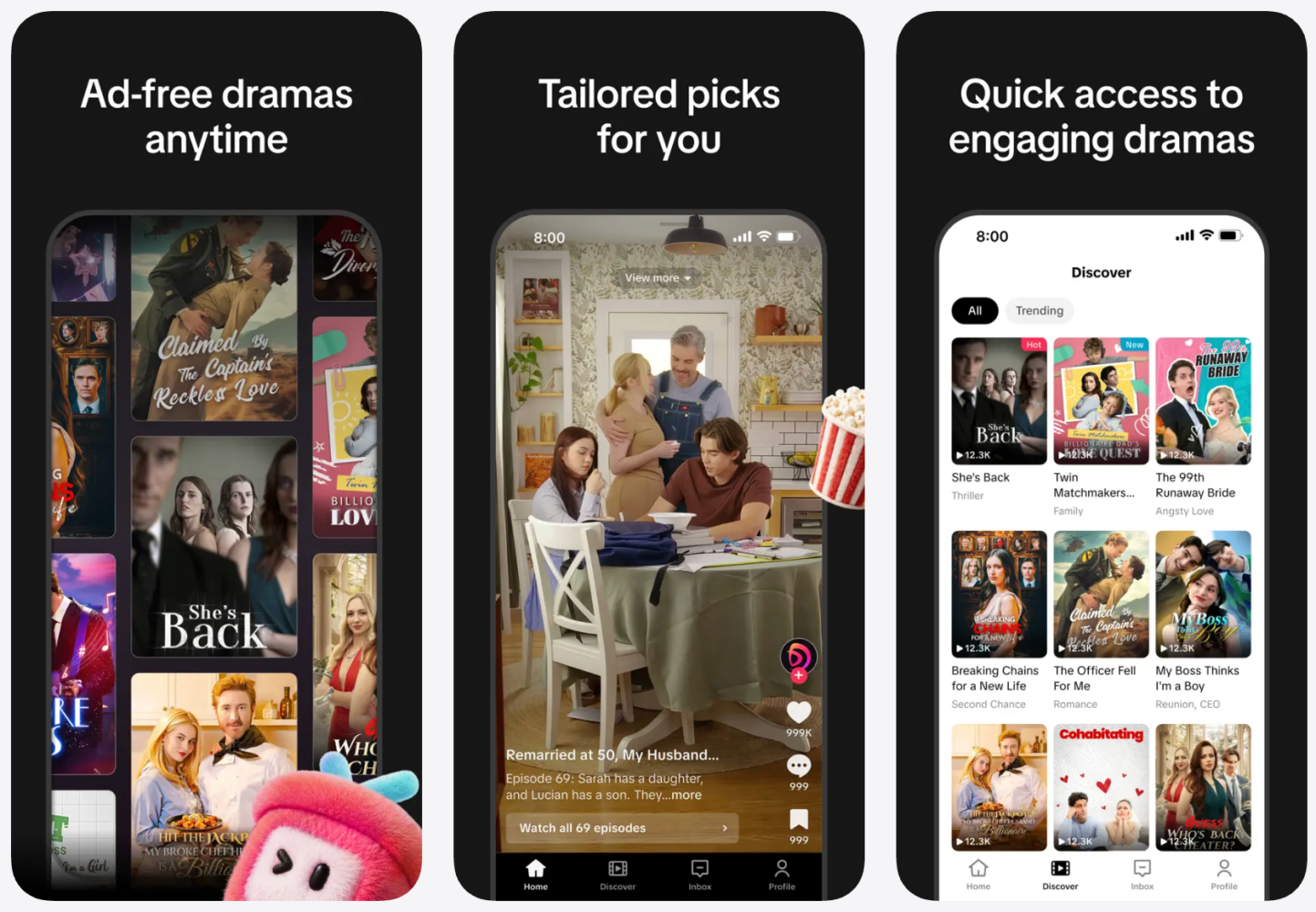Spotify has formalized its long-rumored partnership with the major record labels to develop what it calls “responsible AI products,” marking a new phase in the streaming giant’s relationship with artificial intelligence and the music industry. The company confirmed that it’s working with Sony Music Group, Universal Music Group, Warner Music Group, Merlin, and Believe on a series of generative AI initiatives under a newly formed research lab and product team.
The company offered few concrete details about the tools it plans to release but emphasized that the projects will align with certain principles intended to protect artists’ rights and creative control. Spotify described its initiative as focused on developing “technologies that reflect our principles and create breakthrough experiences for fans and artists,” though specifics remain undefined.
According to the company, future AI music products will be developed through formal partnerships rather than the “ask forgiveness later” approach that has sparked tension between streaming services and rightsholders in the past. Artists and labels will have the option to opt in or out of AI collaborations, with Spotify promising transparency about participation. The company also said it will design tools that create new revenue streams for musicians and songwriters and that any use of generative AI will be credited and compensated.
Spotify’s framing of “responsible AI” arrives amid heightened concern from artists and music publishers over the use of artificial intelligence in generating music that mimics human performers or infringes on copyrighted material. The company has faced criticism for the rise of AI-generated tracks on its platform and for its existing monetization model, which many musicians view as undervaluing their work.
In recent years, Spotify has experimented with AI-driven features, including a personalized DJ and AI-assisted content in its annual Wrapped summaries. However, those projects have been limited in scope compared to what a dedicated AI research lab might produce. By collaborating directly with major labels, Spotify appears to be seeking legitimacy in a space that has quickly become a legal and ethical minefield.
Still, skepticism remains. While Spotify stresses its commitment to “fair compensation,” the company has faced multiple disputes over royalty payments and copyright practices. The announcement reads more like a promise to tread carefully than a guarantee of change. Whether these AI initiatives will genuinely empower artists or primarily serve Spotify’s platform ambitions will depend on how the company handles transparency, consent, and payment structures going forward.







